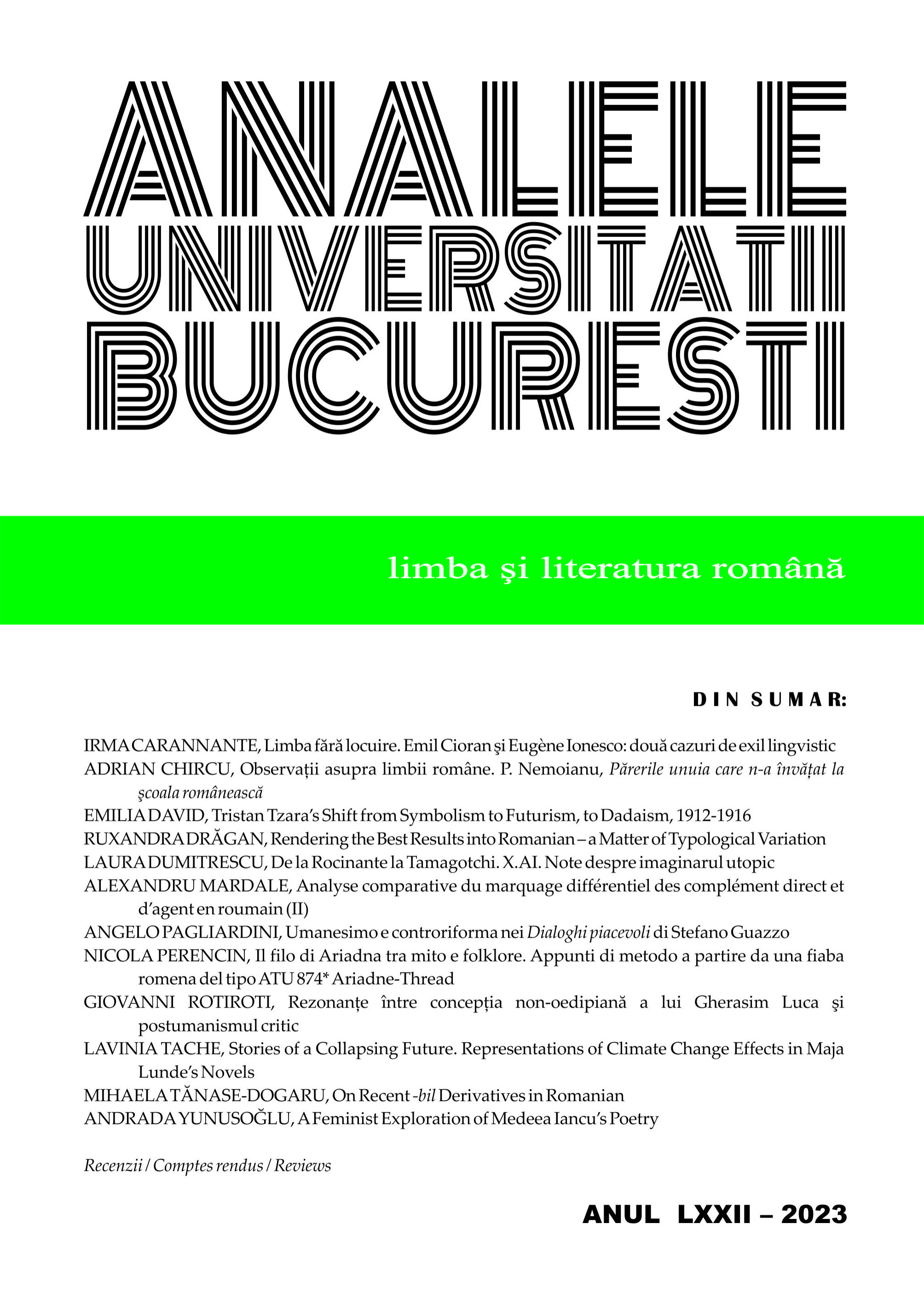Umanesimo e controriforma nei Dialoghi piacevoli di Stefano Guazzo
HUMANISM AND COUNTER-REFORMATION
IN STEFANO GUAZZO’S DIALOGHI PIACEVOLI
Author(s): Angelo PagliardiniSubject(s): Language and Literature Studies, Comparative Study of Literature
Published by: Editura Universităţii din Bucureşti
Keywords: Court; Neoplatonism; Monferrato; Gonzaga; Paleologi;
Summary/Abstract: In 1586, the writer Stefano Guazzo publishes Dialoghi piacevoli. The treatise is made up of a collection of dialogues and has among its protagonists the “Prencipe della Valacchia Maggiore”, Petru Cercel, indicated as a model of the ideal prince. The work was conceived during the implementation of the rules of the Council of Trent: that political, cultural, and religious system defined in historiography as the Counter-Reformation. Stefano Guazzo outlines the system of courts, in which the relations between the prince and courtiers are organised as a true “forma del vivere”. The writer constantly refers to the values and ideal questions of humanism, such as the formation of the prince and the courtier, or the relationship between letters and arms, according to the writings of ancient Latin and Greek writers. At the same time, he has to adapt the thought and the literature of ancient writers with the principles imposed by the Counter-Reformation. In his book, one can also see an attempt to define the European space from Spain and France to Poland and Wallachia as Catholic.
Journal: Analele Universităţii Bucureşti. Limba şi literatura română
- Issue Year: LXXII/2023
- Issue No: 72
- Page Range: 101-120
- Page Count: 20
- Language: Italian

